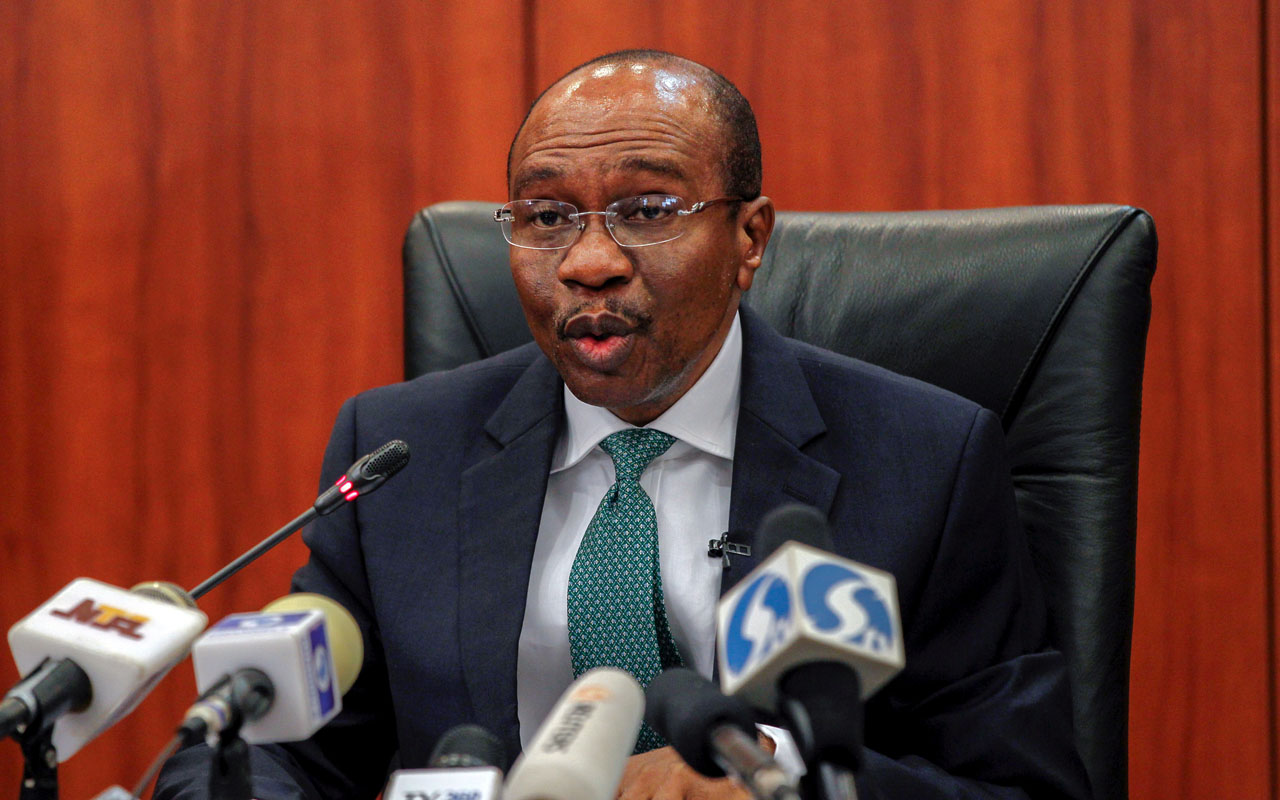Key Highlights
- Nigeria’s money supply (M3) increased by 2.2% year-to-date, reaching a record high of N53.3 trillion in February 2023.
- The increase in money supply was primarily due to the rise in the Central Bank of Nigeria’s foreign asset holdings and the decline in foreign claims on other depository corporations.
- Despite CBN’s effort to mop up excess liquidity, credit to the government increased by 15.3% between January and February 2023, while inflation remains high, partly due to the surge in money supply and currency in circulation.
Nigeria’s money supply (M3) rose to N53.3 trillion in February 2023 from N52.16 trillion recorded at the beginning of the year.
This represents a 2.2% increase year to date. Compared to the previous month, the money supply increased marginally by 0.3% from N53.14 trillion.
This is contained in the money and credit statistics, released by the Central Bank of Nigeria.
According to the CBN, money supply rose to its highest level on record, despite moves by the apex bank to mop up excess liquidity in the Nigerian economy. The CBN in its first Monetary Policy Committee (MPC) meeting for the year in January, raised the benchmark interest rate by 100 basis points.
Due to the rising rate of inflation in the country, which has been partly attributed to the surge in money supply and currency in circulation, the CBN embarked on an aggressive contractionary monetary stance in the second half of 2022, raising the interest rate from 11.5% to 18% as of March 2023.
However, inflation has remained unabated and the money supply has surged to a record high, although the currency in circulation has fallen to N982.1 billion as of February 2023. The decline in circulating currency is largely due to the CBN cash swap and naira redesign policy.
What is money supply: Money supply refers to the total amount of money that is circulating in an economy at a given time. It includes all forms of money, such as physical currency, bank deposits, and other liquid assets that can be used to make purchases.
The money supply (M3), comprises net foreign assets and net domestic assets, which are used to access the level of liquidity in the financial system, vis a vis the economy.
According to the CBN, net foreign assets increased by 29.3% in two months from N4.25 trillion recorded as of December 2022 to N5.49 trillion as of the end of February 2023.
On the other hand, net domestic assets declined marginally by 0.2% to N47.8 trillion in the same period.
What the CBN is saying: According to the CBN during the MPC briefing last week, the increase in the nation’s broad money supply was largely due to the increase in CBN’s foreign asset holdings and the decline in foreign claims.
- “Broad money supply (M3) grew by 13.14% (annualized) in February 2023 (year-to-date), below the 2023 provisional annual benchmark of 17.18%.”
- “This was driven largely by the growth in Net Foreign Assets (NFA), which was attributed to the increase in foreign asset holdings of the Central bank and decrease in foreign claims on Other Depository Corporations (ODCs),” Emefiele said.
Other data
Further analysis of the data showed that despite CBN’s plan to mop liquidity, credit to the government increased by 15.3% to N28.43 trillion between January and February 2023.
Although, it is worth noting that credit to the private sector remained the same at N41.75 trillion, largely due to interest rate hikes.
Due to the naira swap policy, currency outside banks fell sharply by 67.2% from N2.57 trillion as of December 2022 to N843.3 billion in February 2023. However, the decline in the circulating currency could be reversed, following the ruling of the Supreme Court to return old naira notes back into circulation.
This could make it difficult for the CBN’s hawkish monetary stance to rein on inflation.
